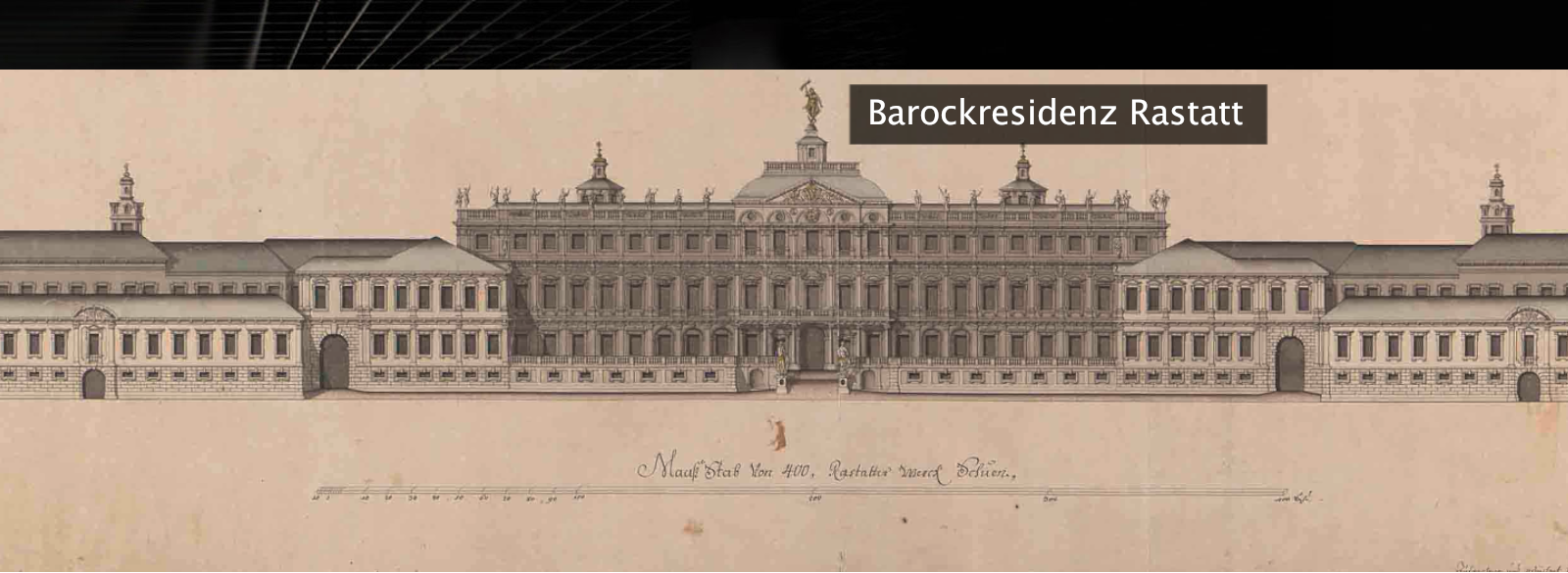ERR and dPECR suggest a link between neuroprotection and the regulation of ethanol consumption preference Laura Velo Escarcena, Margarita Neufeld, Marcella Rietschel, Rainer Spanagel and Henrike Scholz
| Erscheinungsform: | Aufsatz |
| Autor/Urheber: | |
| Beteiligte: | |
| Umfang: | 9 |
| Anmerkungen: | Gesehen am 13.07.2021 |
| Identifikatoren/Sonstige Nummern: | 176280574X [PPN] |
| In: | Lausanne : Frontiers Research Foundation, 2007 12(2021), Artikel-ID 655816, Seite 1-9 volume:12 year:2021 elocationid:655816 pages:1-9 extent:9 |
| Inhalt: | - Reconsumption of ethanol after withdrawal is a hallmark for relapse in recovering patients with alcohol use disorders. We show that the preference of Drosophila melanogaster to reconsume ethanol after abstinence shares mechanistic similarities to human behavior by feeding the anti-relapse drug acamprosate to flies and reducing the ethanol consumption preference. The Drosophila cellular stress mutant hangover also reduced ethanol consumption preference. Together with the observation that an increasing number of candidate genes identified in a genome-wide association study on alcohol use disorders are involved in the regulation of cellular stress, the results suggest that cellular stress mechanisms might regulate the level of ethanol reconsumption after abstinence. To address this we analyzed mutants of candidate genes involved in the regulation of cellular stress for their ethanol consumption level after abstinence and cellular stress response to free radicals. Since hangover encodes a nuclear RNA binding protein that regulates transcript levels, we analyzed the interactions of candidate genes on transcript and protein level. The behavioral analysis of the mutants, the analysis of transcript levels and protein interactions suggested that at least two mechanisms regulate ethanol consumption preference after abstinence - a nuclear Estrogen-related receptor-Hangover dependent complex and peroxisomal trans-2-enoyl-CoA reductase (dPECR) dependent component in peroxisomes. The loss of Estrogen-like receptor and dPECR in neurons share a protective function against oxidative stress, suggesting that the neuroprotective function of genes might be a predictor for genes involved in the regulation of ethanol reconsumption after abstinence.
|
| URL: | https://doi.org/10.3389/fpsyt.2021.655816 |
| Weiter im Partnersystem: | https://swb.bsz-bw.de/DB=2.1/PPNSET?PPN=176280574X |
















 leobw
leobw